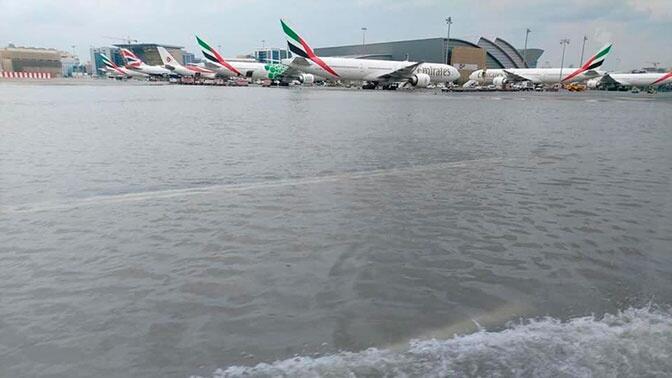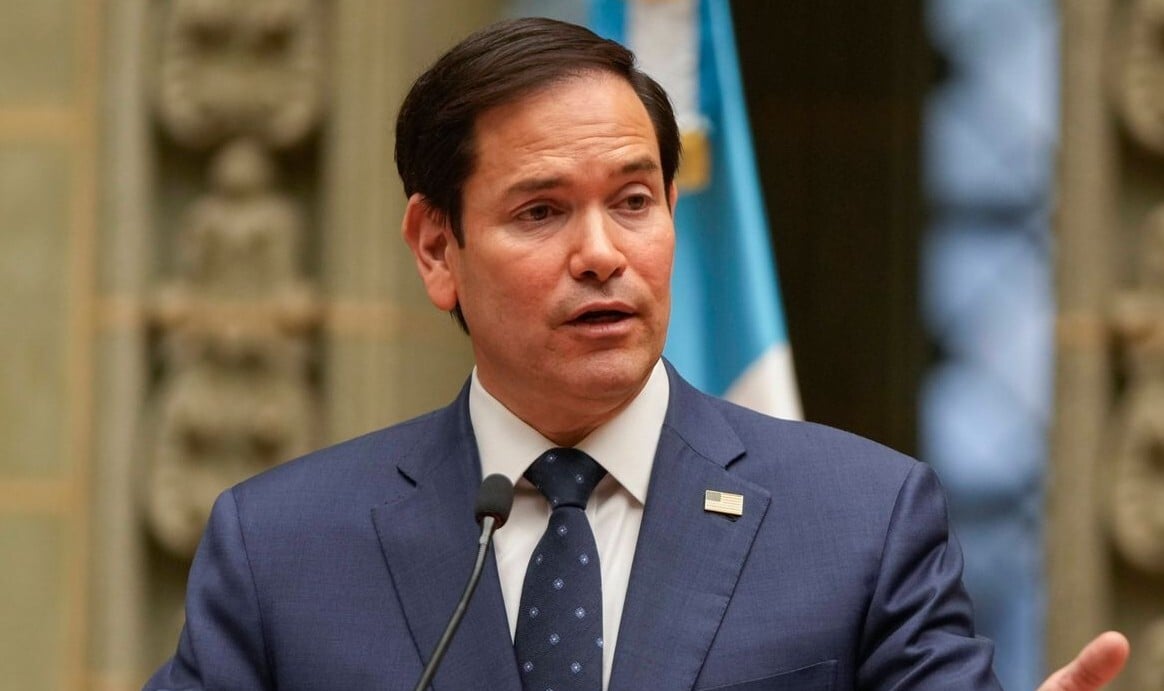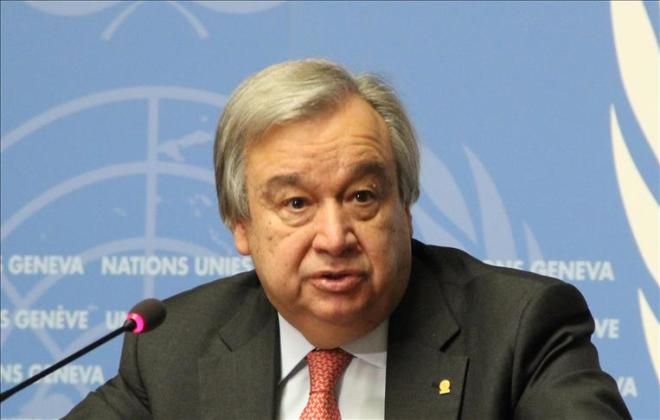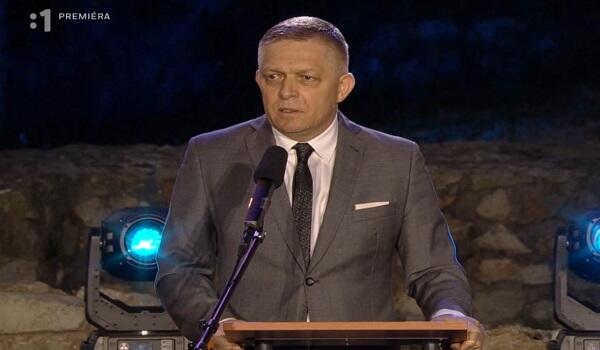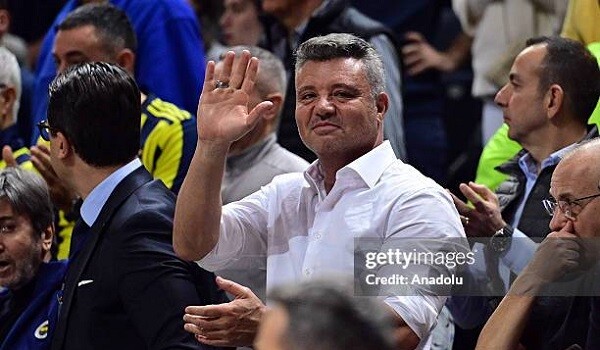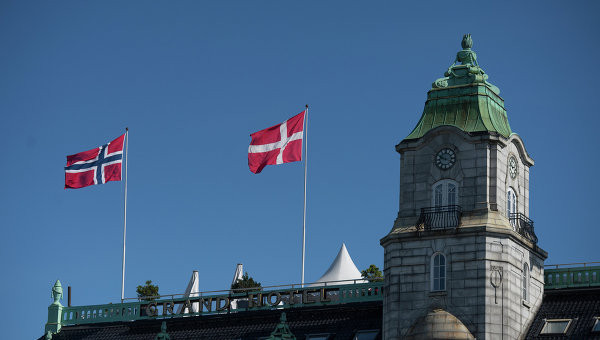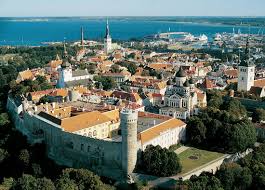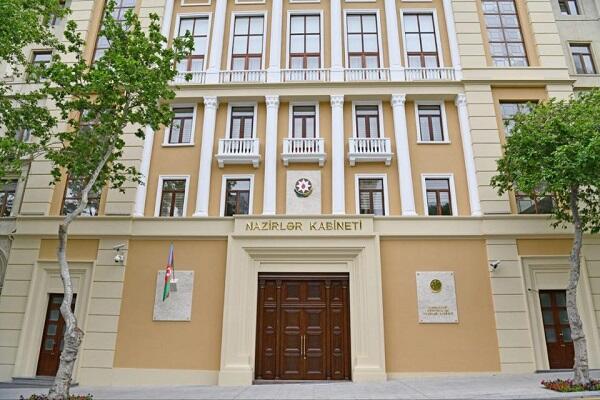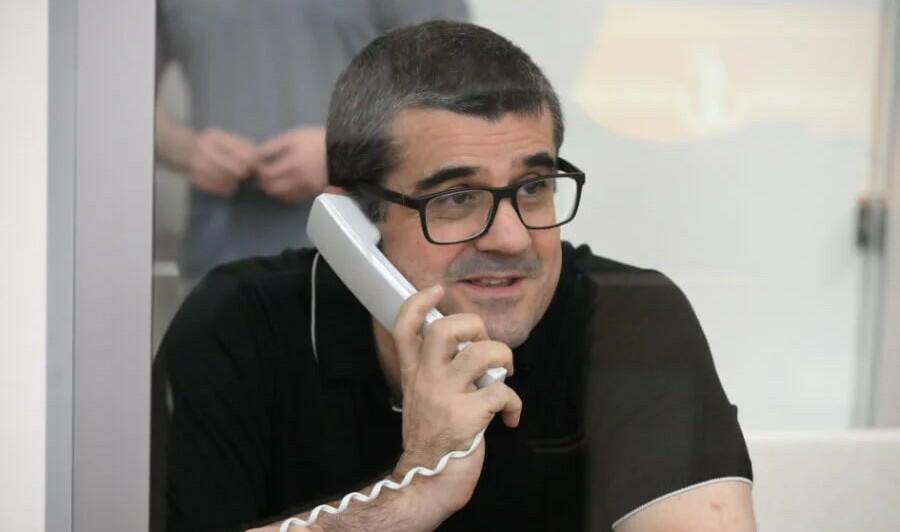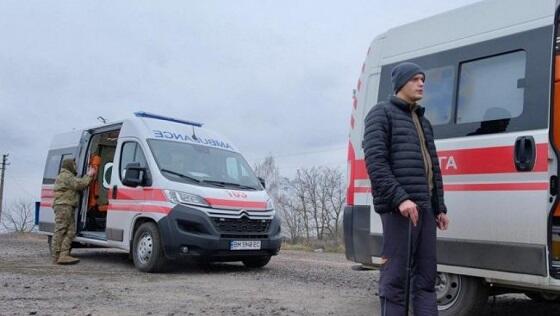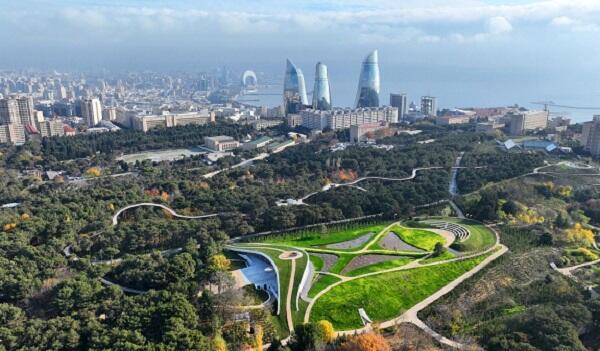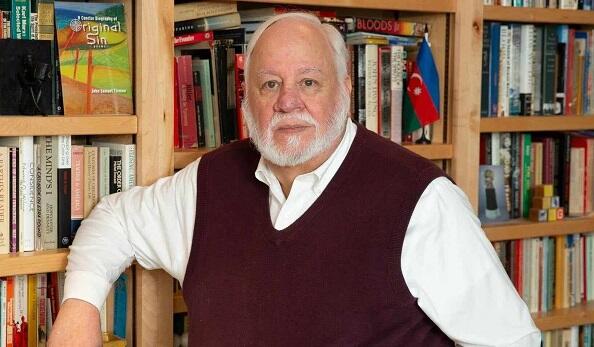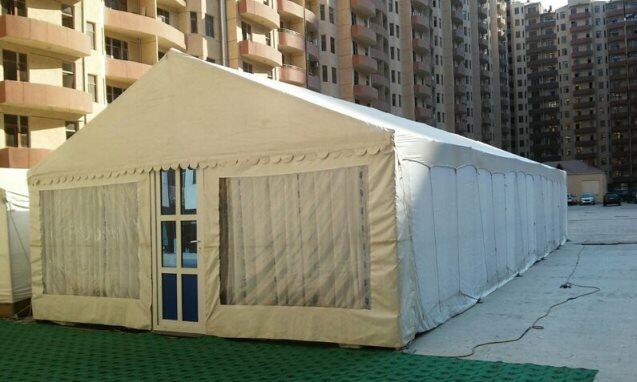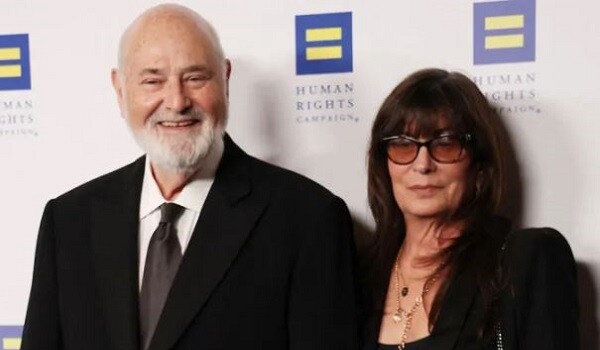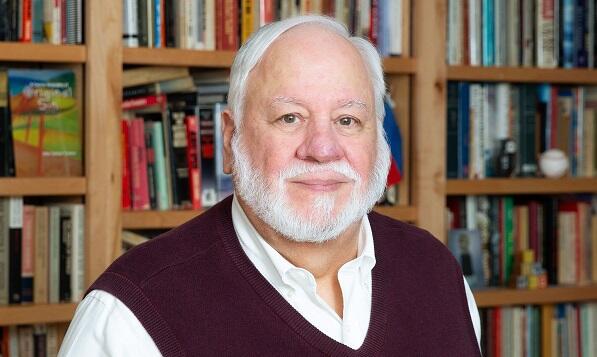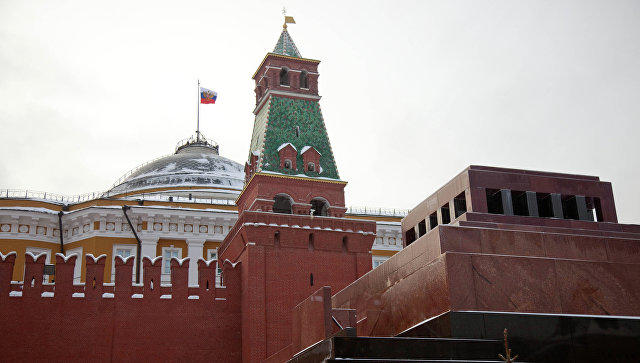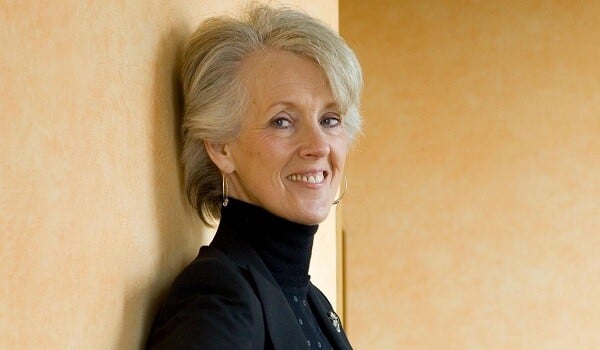Axar.az presents an article “A Policy Of Cruelty” by John Samuel Tieman.
In this, the Trump era, immigration policy is divided into two camps. In the first, there are those for whom immigrants present a target for cruelty. Immigrants are objects. Immigrants are The Other. If you need folks to hate, here they are. The other camp strives for rational solutions to a complicated problem.
Let's begin with this latter camp, solutions to a complicated problem. Here are two possible approaches. I am not attempting to be comprehensive. I merely suggest two approaches that don't involve ripping screaming children from the arms of their terrified mothers.
First, establish a system between national, state, county and municipal governments, a system that coordinates the reception and integration of migrants.
Resources should be especially focused on ports of entry and places of relocation. Local governments have shown remarkable elasticity in welcoming and comforting immigrants. They have, however, been hampered with regard to such matters as transportation, processing, shelter and other transitional services. We especially need to expand opportunities for those immigrants who contribute much-needed skills.
Two, strengthen support systems, not jail.
Immigration courts, as well as the Citizenship and Immigration Services, have backlogs that are stupefying. We must prioritize funding and support for the processing of immigrants and, when immigrants qualify for it, for work authorization. We need to use cutting-edge technology to improve both the immigration process and the security of the border. Above all other things, fairness should be the top priority. This then prioritizes efficiency. Fairness would also demand that we honor the request for asylum regardless of the method of entry. The process of fairness should be one with the process of efficiency. Immigration should be carried out in a manner transparent, consistent, quick and fair. Unfortunately, the United States spends millions of dollars to lock up immigrants and asylum seekers. Often these detentions are cruel, unnecessary, and serve no purpose. Prolonged detention makes it nearly impossible for individuals to fight for legitimate asylum claims.
About that cruelty. Cruelty should not be a policy. Yet this was precisely the intent, a stated intent, of the first Trump administration. We detain to deter. We make coming to America horrific enough, then immigrants opt to go home on their own accord. Come here and take a chance on losing your child for example. The family separation policy, the “kids in cages” program, has resulted in hundreds of children still, to this day, separated from their families. The government spent millions of dollars to lock up people whose detentions serve no purpose.
I saw a film. A child, maybe ten, heard of the election of Donald Trump. And the child just cried, “O, mi abuelita, mi abuelita …”. Oh, my granny, my granny. The child's grandmother is here without documentation. That child's fear is shared by many. Health care workers. Factory hands. The people who pick our crops. Who wash our dishes. Students whose visas ran out. People who live among us. Then there are the people who are coming to us. People who are seeking asylum from a murderous regime. Folks fleeing a war zone. People who want to escape murderous gangs. People whose land is ravaged by climate change. The vast, vast, vast majority of these folks are not criminals. These are folks who just need a break, a job, a good school for the kids. For which they will work a double-shift each day and weekends, and send half their pay home to their family left behind.
I say an interview with a young man who came to the United States in his parent's arms. They are undocumented, as is this young man. He's now in his twenties. He's in danger of being deported back to El Salvador, a country he's never seen. He doesn't speak Spanish.
I think of family and friends. My wife's last name is Italian. Mine is German. My next-door neighbor is Chinese-American. Another neighbor was born in Guatemala. My in-laws are Polish-American. Half of our neighbors are African-American. We were all once wanderers who found a home in this land.
